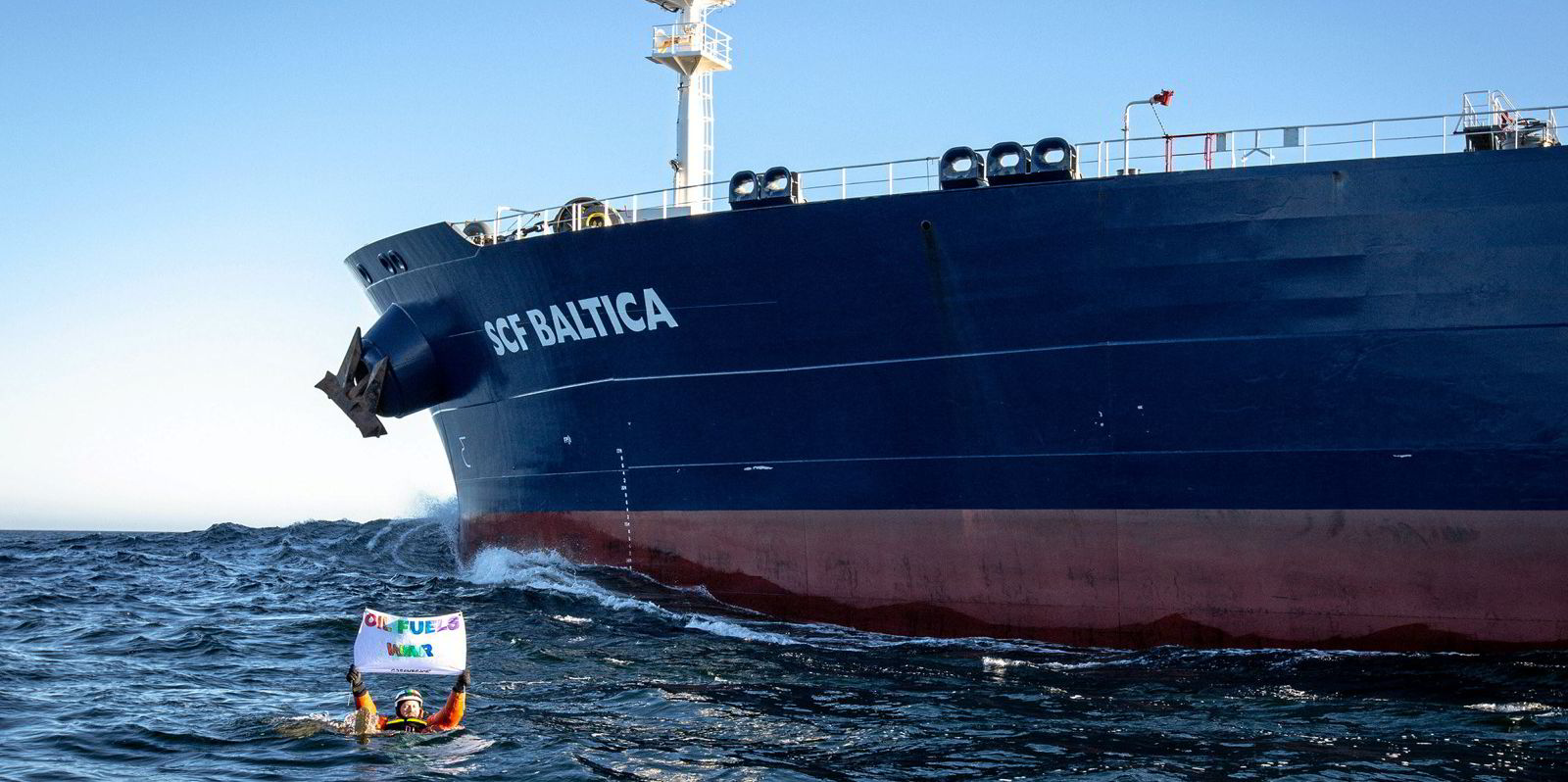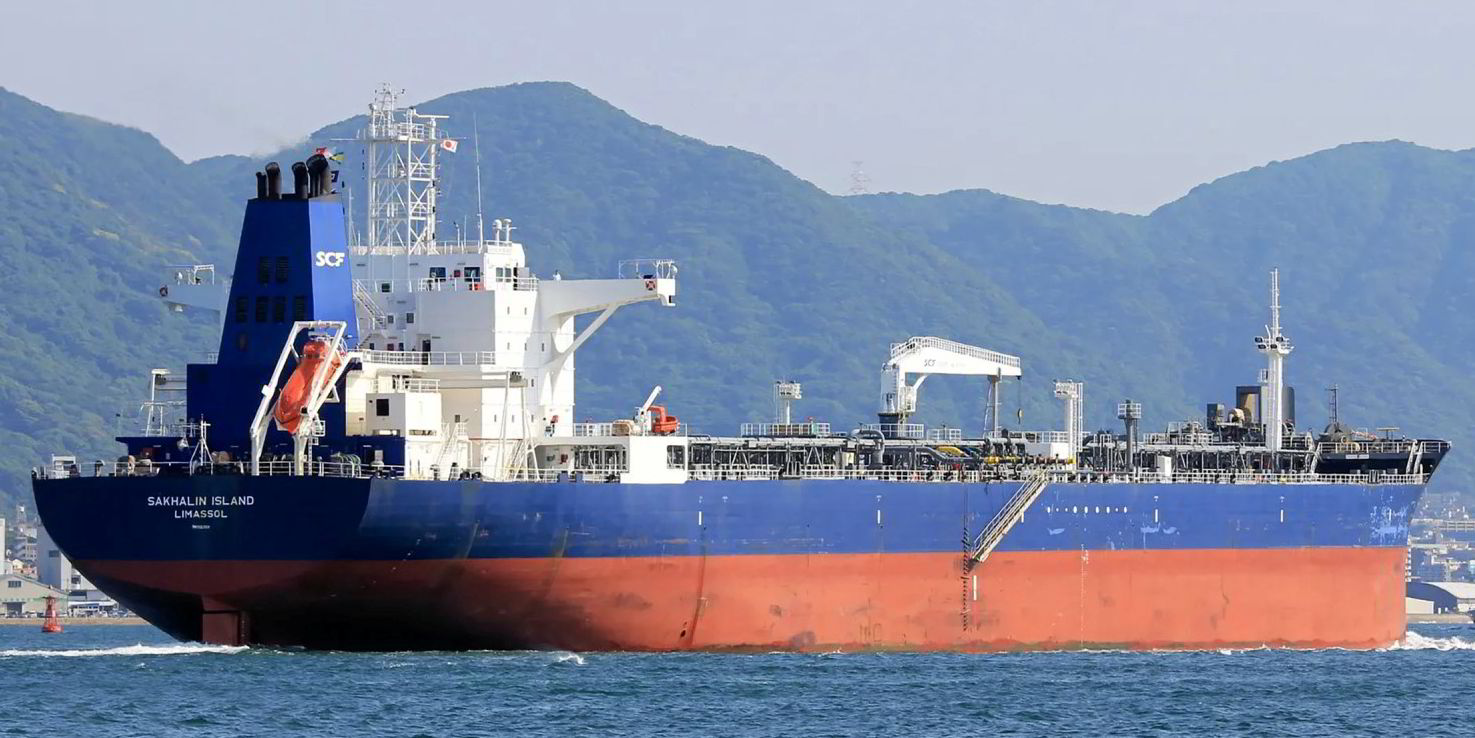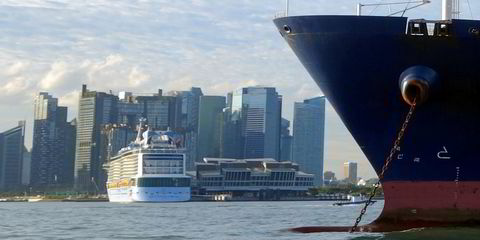Russia has managed to push crude exports to their highest level this year despite facing more difficulties with shipping.
The rise was attributed to better weather along the country’s Pacific coast.
Shipments in the week to March 31 jumped 270,000 barrels a day to 3.74m bpd, shipping data compiled by Bloomberg showed.
A total of 34 tankers loaded 26.2m barrels over the seven days, up 1.9m bpd compared with the previous week.
Exports from the Russian Pacific terminal at Kozmino were more normal after strong winds hampered loadings in the week to 24 March.
Crude exports were worth $1.9bn in the final week last month, a five-month high, Bloomberg calculated.
Russia also succeeded in offloading Sokol crude that been stuck on tankers for weeks due to western sanctions.
China took 9.1m barrels, with another 7m barrels going into India and one cargo to Pakistan.
The destination of another 1.4m barrels is not yet known.
But towards the end of March, Indian refineries stopped accepting cargoes on state-owned Sovcomflot tankers due to sanctions.
Shipments tracked to Asian buyers were up at 3.04m bpd in the four weeks to 31 March, versus 2.94m bpd in the previous four-week period, the most since July 2023.
Turkey took more
Tankers signalling destinations in India averaged about 1.09m bpd.
Meanwhile, Turkey is the only short-haul option left for Russian exports in the west.
Exports there rose to 375,000 bpd in the four weeks to 31 March, from 313,000 bpd in the four weeks to 24 March.
However, one Turkish terminal has refused any more Russian oil.
Analytics company Kpler said last week that other headwinds are still blowing for Russia.
Russian sellers and Indian buyers have yet to iron out their differences on the payment currency, it added.
“The Russian rouble is largely unstable for India’s refiners and vice versa for the Indian rupee, while the Chinese yuan is a far cry from being politically palatable in Delhi,” Kpler explained.
“Secondly, sanctions from G7 have so far not been a game changer, but they’ve recurrently put a spoke in Moscow’s wheel by needing to revamp shadow shipping companies’ insurance coverage or change the particulars of financing,” the company added.





